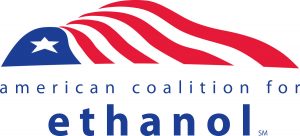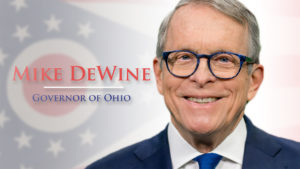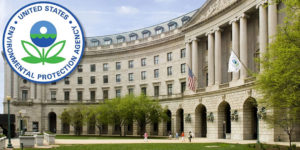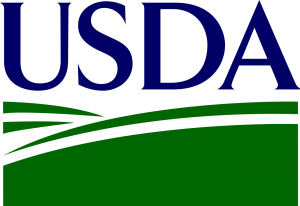 The American Coalition for Ethanol (ACE) is introducing a new carbon intensity (CI) calculator to the industry this week during the International Fuel Ethanol Workshop & Expo in Minneapolis.
The American Coalition for Ethanol (ACE) is introducing a new carbon intensity (CI) calculator to the industry this week during the International Fuel Ethanol Workshop & Expo in Minneapolis.
The CI calculator was developed as a tool to help producers understand the carbon intensity (CI) of their farms and ethanol operations. There is also a simplified version of the tool to raise awareness about factors impacting the CI of ethanol. Both help illustrate corn ethanol’s ability to attain net-zero and net-negative greenhouse gas emissions.
“ACE is focused on highlighting how climate-smart farming practices, efficiencies at ethanol plants, and the capture and sequestration of CO2 from facilities puts ethanol on a trajectory to reach both net-zero and net-negative emissions; a trajectory unique to ethanol,” said Brian Jennings, ACE CEO.
Jennings talks about the potential for the CI calculator in this interview.
ACE CEO Brian Jennings interview 10:46
 The calculator was created by South Dakota farmer and ACE board member Ron Alverson to allow users to estimate a carbon score and compare it to the Argonne National Laboratory’s GREET model and average scores used by the California Low Carbon Fuel Standard.
The calculator was created by South Dakota farmer and ACE board member Ron Alverson to allow users to estimate a carbon score and compare it to the Argonne National Laboratory’s GREET model and average scores used by the California Low Carbon Fuel Standard.
“When I first looked at the GREET model’s ‘Midwest average’ carbon intensity for corn production, I immediately saw the potential for rapid reductions with more accurate modeling that reflected actual climate-smart production practices being employed by tens of thousands of farmers across the Midwest,” said Alverson. “The CI calculator we developed at ACE is a tool for farmers and ethanol producers to see for themselves what their potential is to lower their carbon score.”
Listen to Alverson talk about the carbon intensity calculator at last year’s American Coalition for Ethanol annual conference.
ACE 2021 Interview with Ron Alverson, past ACE president 4:26
ACE 2021 - Ron Alverson remarks 14:19










